Welcome to the Integrative Medicine Elective
The Integrative Medicine Elective will permit you the ability to explore the multiple resources and opportunities in the region providing integrative medicine. Because of the breadth of integrative medicine, the experience will be individualized based upon the residents individual goals for the experience. Opportunities include: working with a health coach (Foundation 513), nutritionist (UC, TCH, or other), Alliance Integrative Medicine, Acupuncture (Dr. Rosenthal), mind/body therapies, aroma therapy, massage therapy, yoga, functional medicine (Dr. Nandyal) and nutrition evaluation and support.
Residents who select this elective are required to meet with the faculty lead prior to the start of the academic year to discuss their individual goals for the elective. In the meeting, the faculty lead will provide feedback and work with the resident to develop a plan to create an elective to meet the goal. The resident will need to submit their final plan for the rotation, including the schedule and goals/objectives, to the faculty lead and Judy 3 months prior to the rotation.
If interested please submit a request form!
Rotation Length: 2-4 weeks
Faculty
- Eleanor Glass
- Lauri Nandyal
- Sian Cotton
- Montiel Rosenthal
- Amy Mechley
Resources
- Trends in Alternative Medicine Use: 1990-1997
- David Rakel's text Integrative Medicine 3rd edition (Copy in Residency)
- Andrew Weil's book Why Our Health Matters (Copy in Residency)
- Arizona Center for Integrative Medicine
- Institute for Functional Medicine
- Functional Medicine Handouts
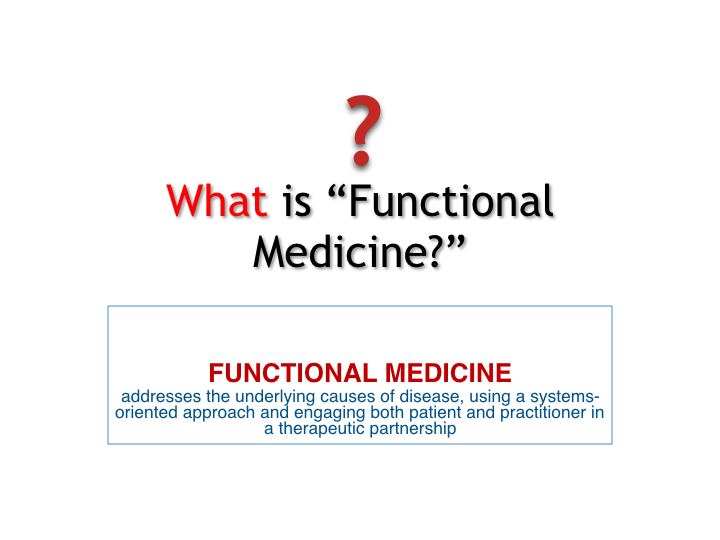
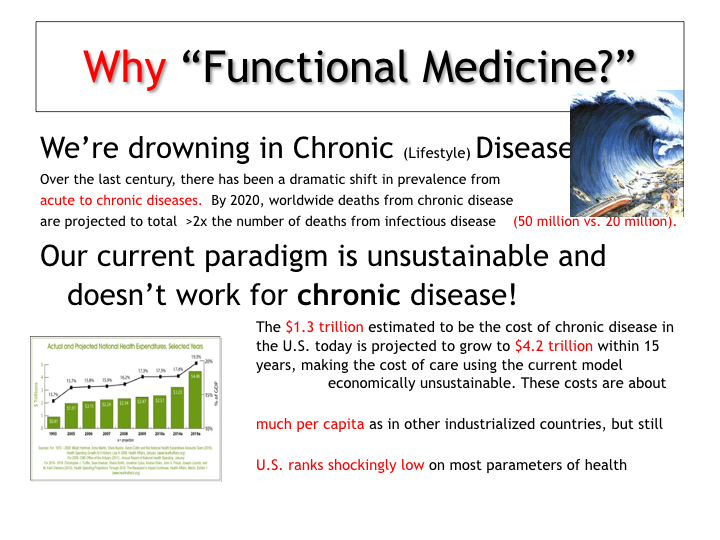
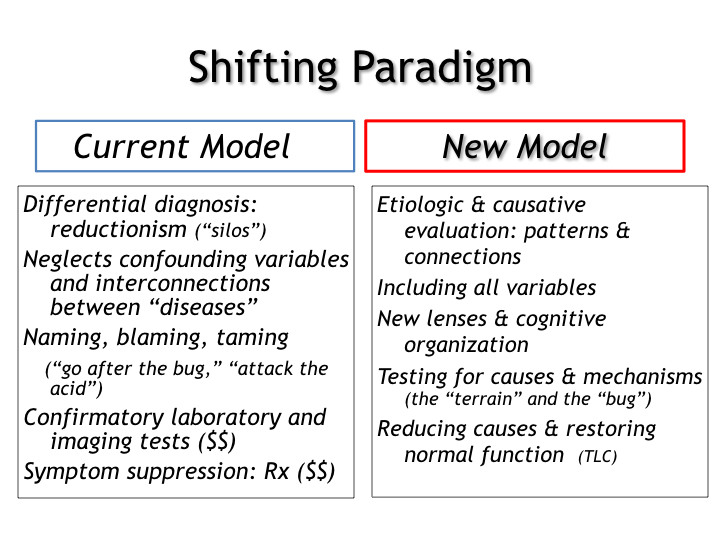
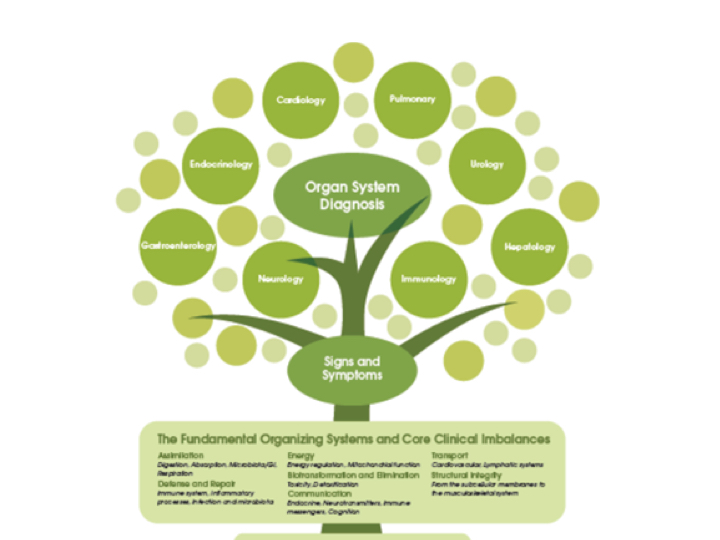
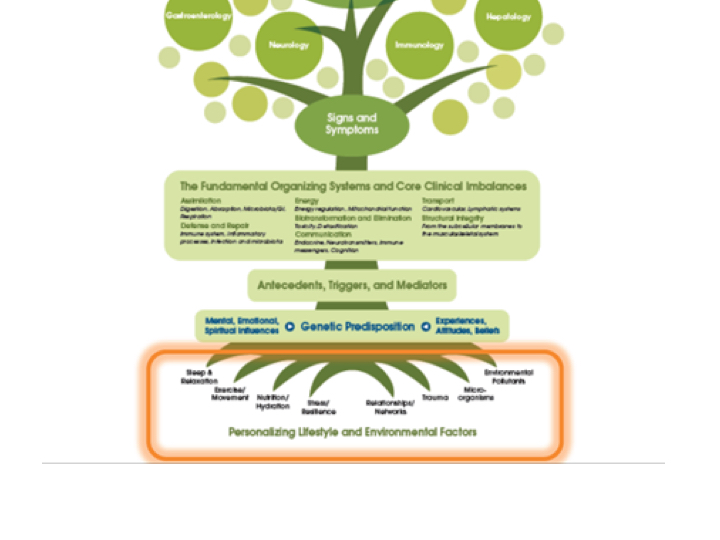
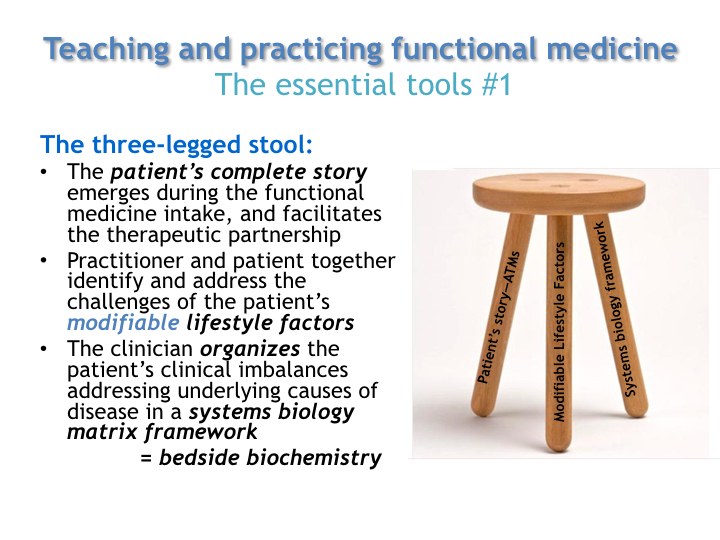
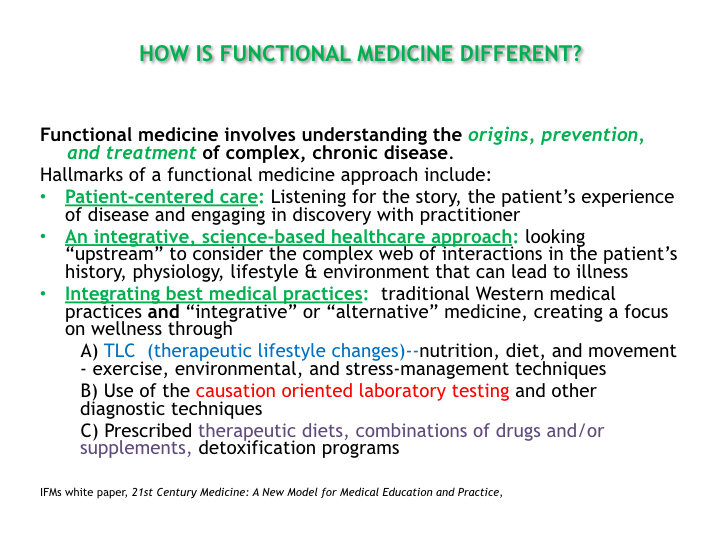
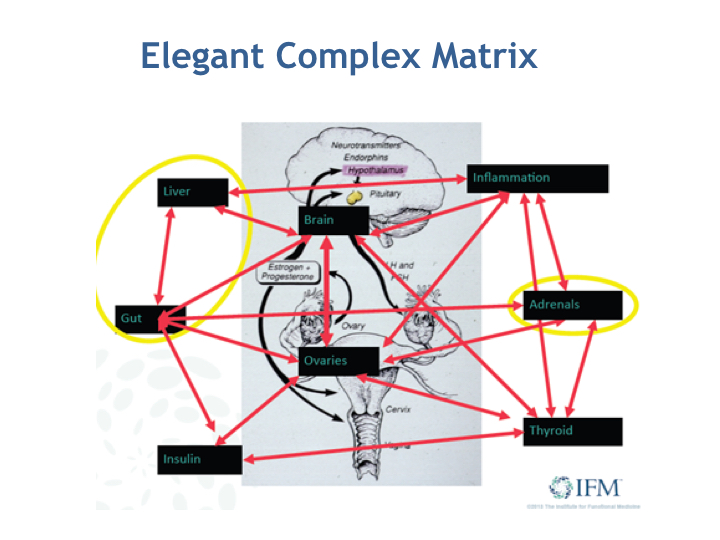
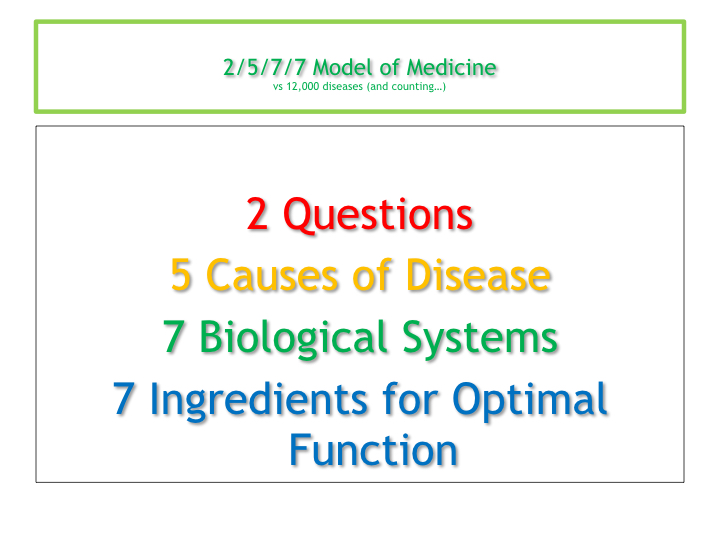
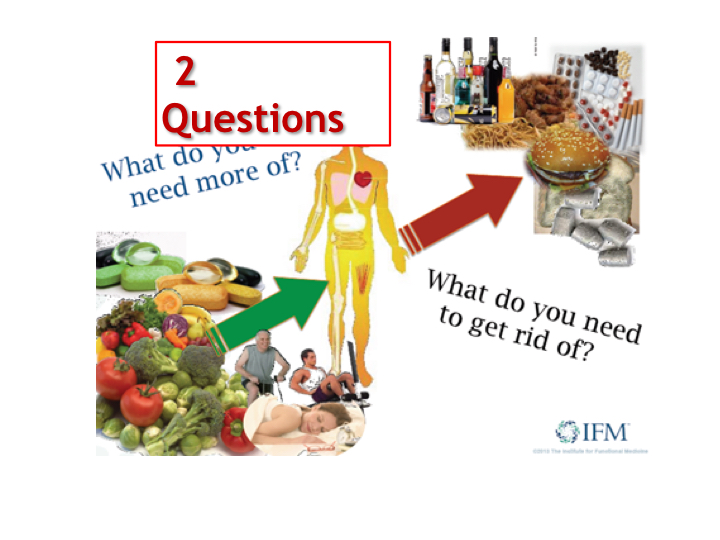

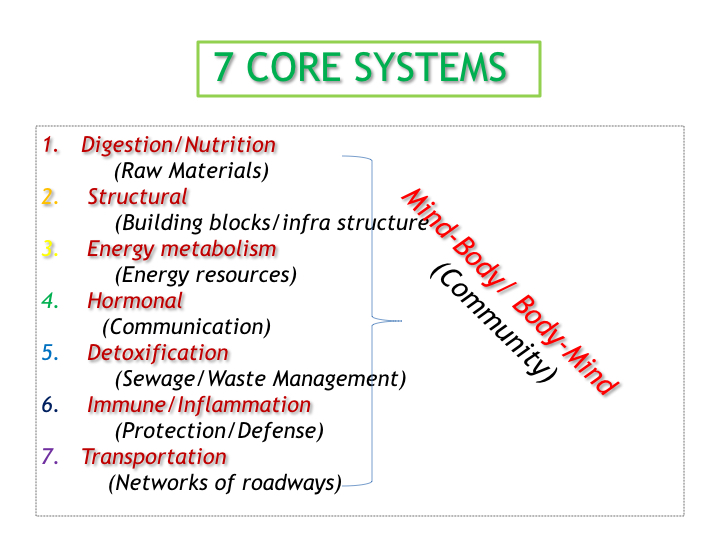
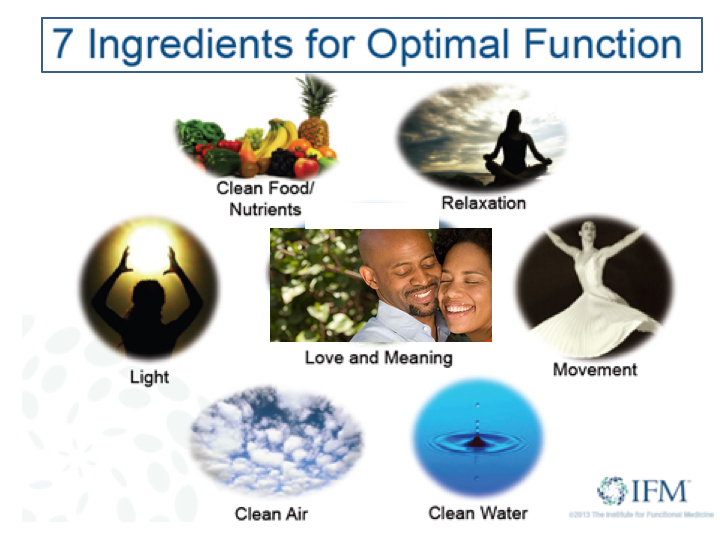
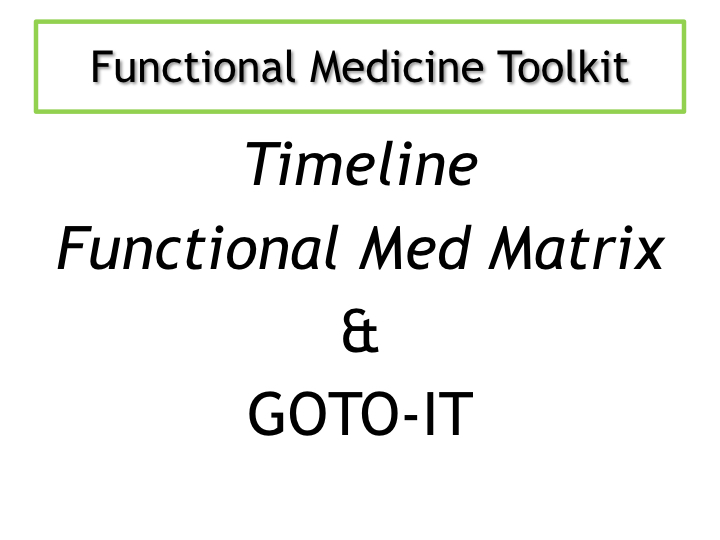
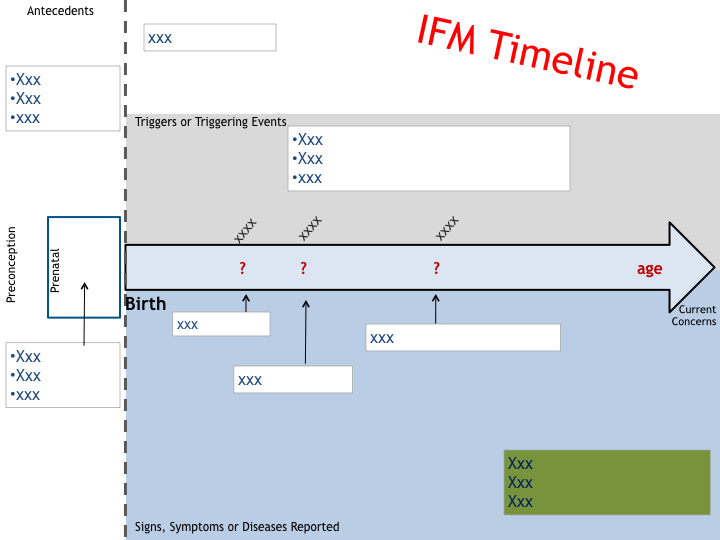
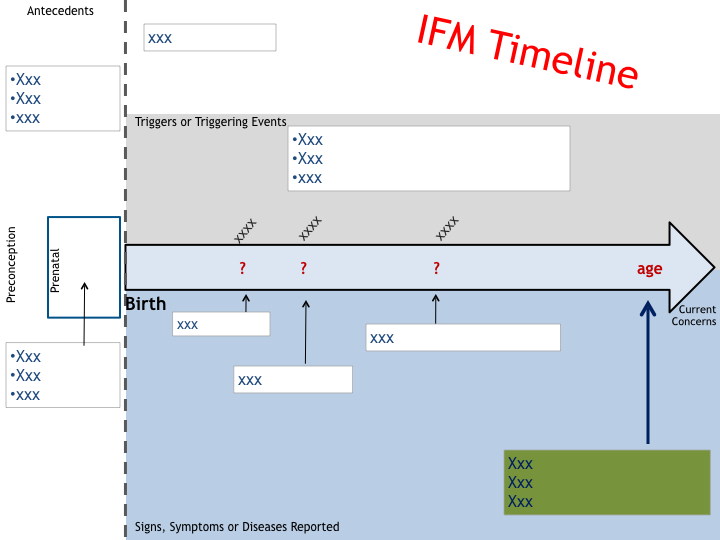
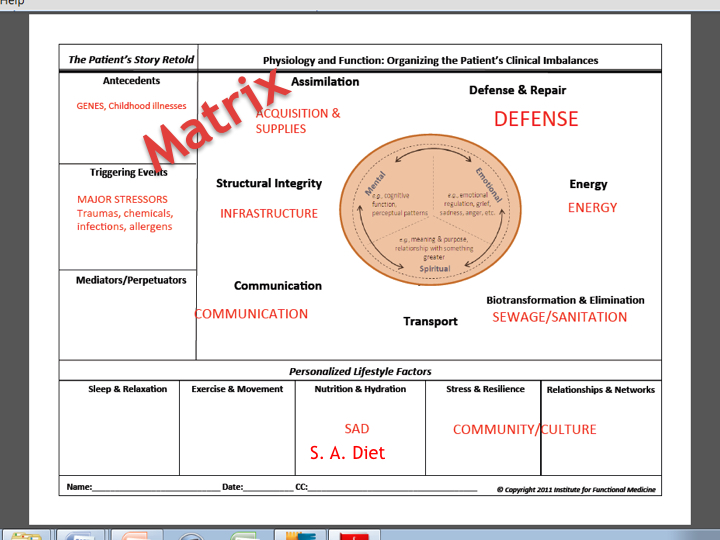
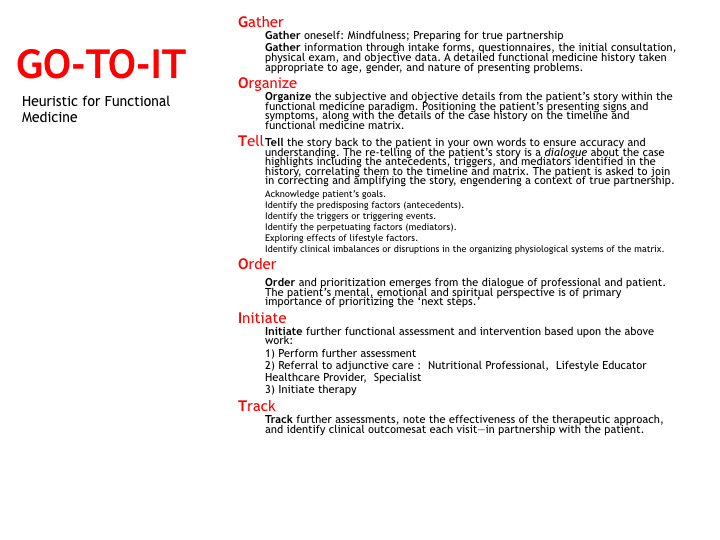
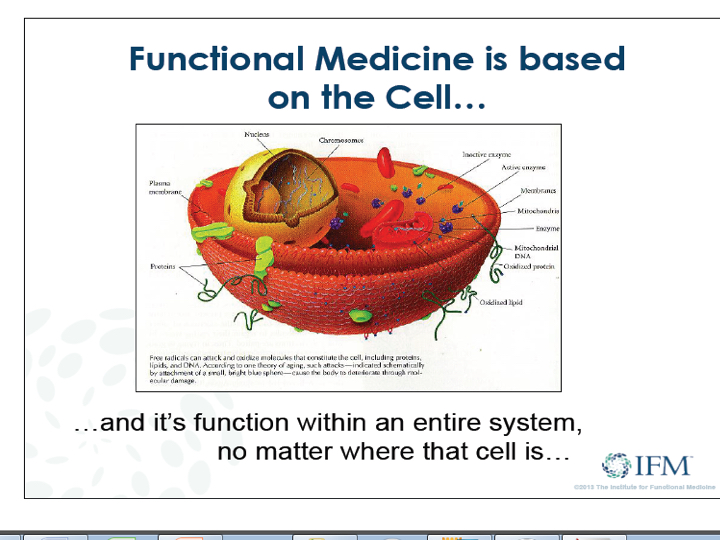



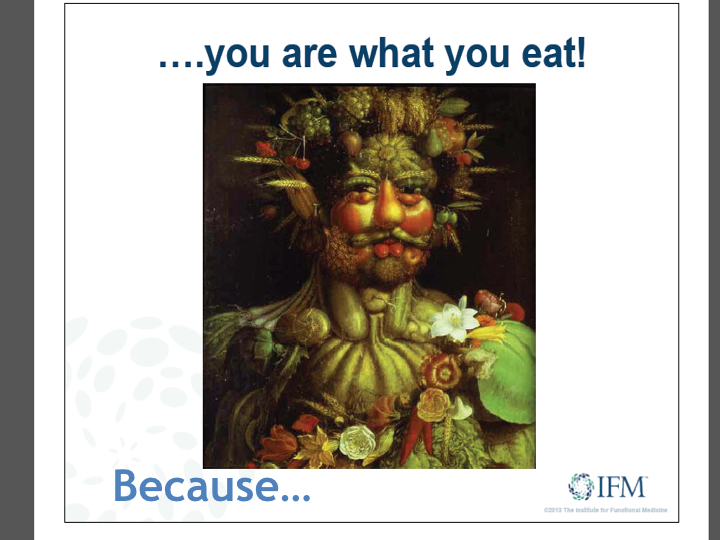




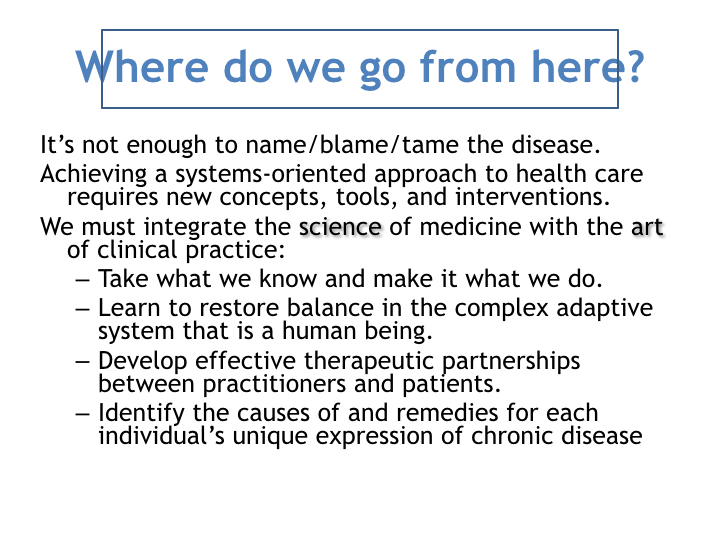
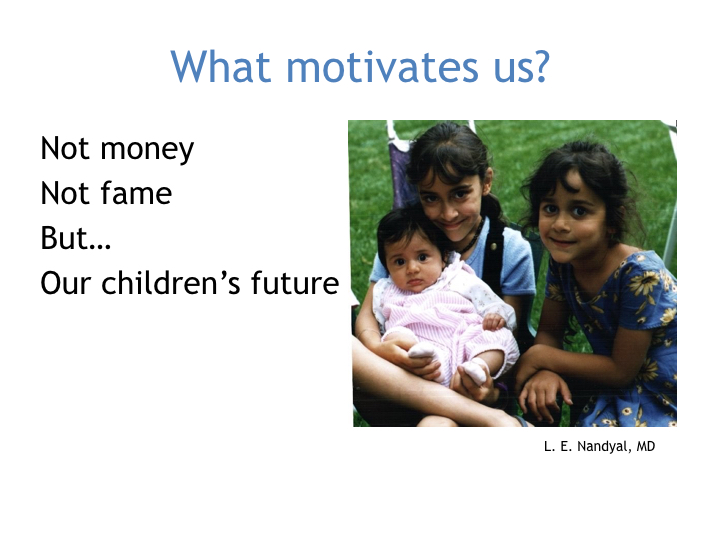
Objectives
Knowledge
- Compare and contrast integrative medicine and complementary and alternative medicine (CAM).
- Describe how personal, cultural, ethnic, and spiritual beliefs shape an individual’s interpretation and experience of his or her disease and its treatment.
- List resources available to find evidence for alternative and complimentary methods of care.
- Explain the credentialing and training requirements for complementary and alternative medicine practitioners.
- Describe unique payment scenarios encountered within integrative medicine settings.
Patient Care
- Assess readiness in a patient to improve the likelihood of success in negotiating a treatment plan.
- Evaluate patient use of alternative therapies.
Practice Based Learning and Improvement
- Openness to paradigms and traditions outside of allopathic medicine that influence clinical decision-making for both physicians and patients.
- Openness to learning from alternative practitioners.
- Engage in critical inquiry about diverse approaches to health and disease.
Professionalism
- Implement a physician self-care program which applies an integrative medicine approach to health and wellness.
- Identify the role of integrative and family physicians as consultants and primary care specialists.
System Based Practice
- Demonstrate respect for the role alternative medicine providers play in the delivery of health care to diverse patient constituencies.
Modified from http://www.med.umich.edu/umim/education/WEB-ACGMEalignment.pdf